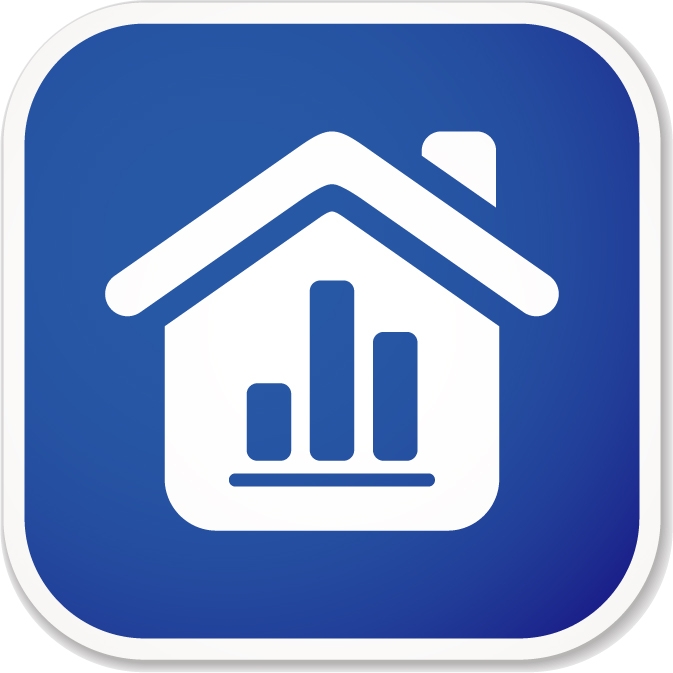There are no silly questions.
Listed below are a variety of questions to think about when speaking to your mortgage broker:
How long have you been working in the mortgage industry?
Years of experience is essential when it pertains to taking care of challenging mortgages.
What type of education or licensing do you have?
You need to confirm that your mortgage broker is licensed by consulting the Canadian Association of Accredited Mortgage Professionals.
On what do you base your suggestions?
You should make sure that they are providing recommendations for the right reasons. A mortgage broker works for you, and nobody else.
Are there any special conditions that apply to this deal?
Bear in mind any undisclosed costs or unfavorable conditions attached to a no-frills low mortgage rate.
What fees/costs are connected with the rate you have estimated me?
Do not let concealed costs creep up on you. Regularly ask your mortgage broker to break out any charges and fees so you are appropriately notified.
Can I please see the lender’s letter of commitment?
If you are assured a certain rate, be sure to request a letter from the lender verifying that the reviewed rate is undoubtedly locked in.
What is your area of expertise?
Brokers typically facilitate more loans of one form than another. If you are} purchasing a home, make certain you are dealing with a residential expert.
Are you affiliated with any mortgage associations?
Membership to some mortgage associations can possibly be a sign of the broker’s oath to provide} the best Canadian mortgage rate available.
Can you provide me with references?
Ask for names of current clients or real estate agents with whom they have actually worked.
A combination of extensive research and appropriate inquiry should certainly assist you to narrow down your pool of prospective mortgage brokers for the best mortgage rate.




